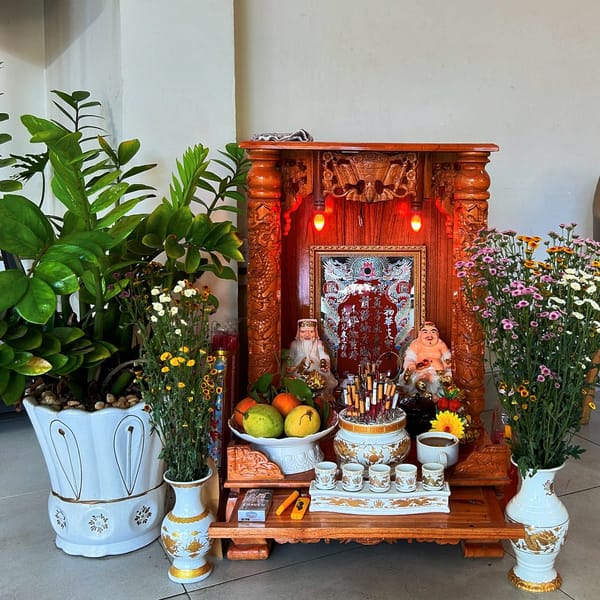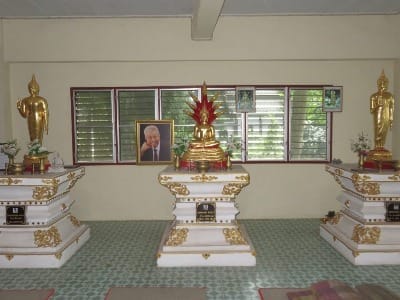inside the mind of a medium: an interview with stephen williamson
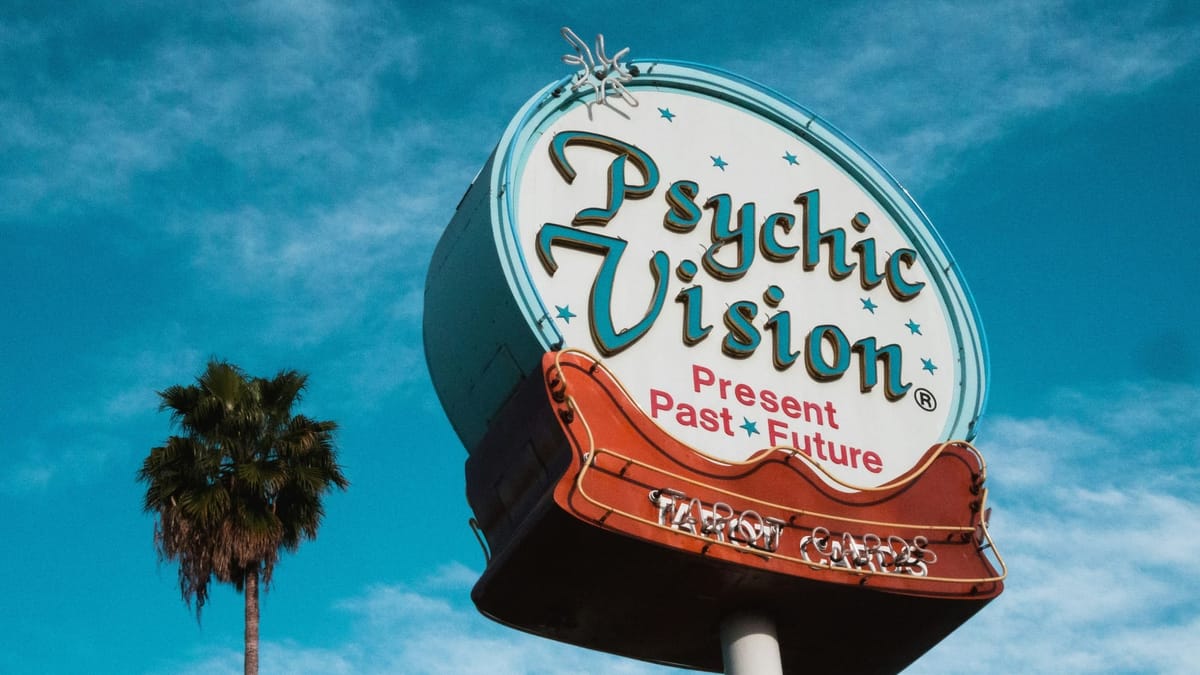
Psychics, mediums and mystics are often portrayed as fraudulent in the eyes of the western media, and depicted as demonic in most mainstream religions. However, they are integral parts of many pre-existing cultures and faiths around the world, and remain integral in countless communities today.
Spiritual medium Stephen Williamson is somebody who uses his own connection to the beyond to communicate with spirits, receive premonitions and help others with useful information about the future.

I interviewed Stephen to find out more about his business; what his psychic experiences look like, how he utilises them to help others, and how it all began.
When did you realise you had this gift?
In his youth, at around 12 or 13 years of age, Stephen recalls hearing things for the first time. Voices from seemingly nowhere, words nobody around him was speaking. Like the ether itself was whispering to him.
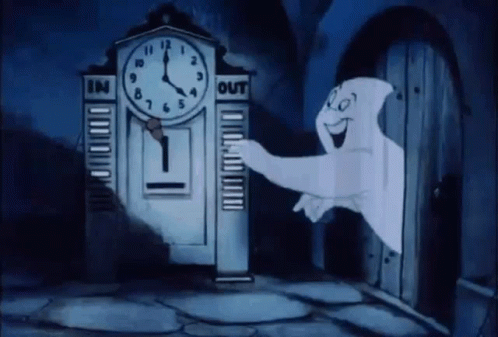
Believing he could be going mad, he confided in his mother, who was an alternative healer and so was open to explanations other than madness. She took him to a revered spiritual leader in London, and there he learned more about clairvoyance, the other explanation to the voices he was hearing.
When I asked Stephen about any internal or external barriers he faced while coming to terms with his spiritual gifts, he recalled this early experience. ‘You correlate hearing voices with madness, because that’s the only explanation we’re given. And, of course, sometimes that is the explanation. But there are many cases of misdiagnosis, and I was one of them. I was tapping into a more spiritual world, receiving messages and information about events that were yet to transpire. Not going mad.’
In terms of external barriers, Stephen addressed the scepticism around these topics, and how this was a barrier when dealing with some potential clients. Some people think psychics and mediums are total woo-woo, and so dismiss all of them, even genuine ones.
‘Like in any industry, there are disingenuous people who are there to rip people off. There are people who pick up a deck of tarot cards, memorise the manual, and start charging people for readings while reciting the booklet,’ Stephen recognised. ‘But there are those of us out there who follow the correct procedures and are qualified in our work.‘
However, he added that any initial sceptic he has dealt with in the past has eventually conceded their doubt. According to him, in some form or another, or perhaps at some point in time or another, the images that come to Stephen’s mind in this process are always relevant to whoever he is consulting with. Even if, initially, their meaning seems ambiguous, or uncertain.
What does the process of a spiritual consultation consist of? Do you feel things, see things, hear things? How do messages come to you?
‘I always enter a state of deep meditation before consulting one of my clients. With a clear mind, I can act as a vessel for information to be channelled through.‘

Stephen compared this process to looking through an invisible, infinite library. ‘Since 2020 and the lockdowns, I see clients over Zoom; so I meditate with their name and information comes to me.
'It’s like an Akashic record of a person, containing all the information of their life.‘
akashic record?
In many eastern traditions, there is not four elements but five: fire, air, water and earth, but also akasha, which translates to sky or space.
Akashic records are said to be imprinted upon the akasha, and people in touch with that realm, spiritually speaking, can access them.
Think of it as an ethereal, invisible library that contains an archive of all events in the past, present and future. Time exists not as a continuum, but all at once, in the akashic records.
Helena Blavatsky was the first to coin the term in the modern era, and claims to have learned of its concept through learning from monks in Tibet.
'I don't identify with any mainstream religion,' explained Stephen, 'partly because my work is viewed as demonic in most of them, despite my intention and effect being of a healing and positive nature. But I align closest with Buddhism, which I see more as a life philosophy, and a guide to enlightenment, than a religion.'
Is there any ethical considerations you work by?
‘Definitely,’ Stephen immediately replied.
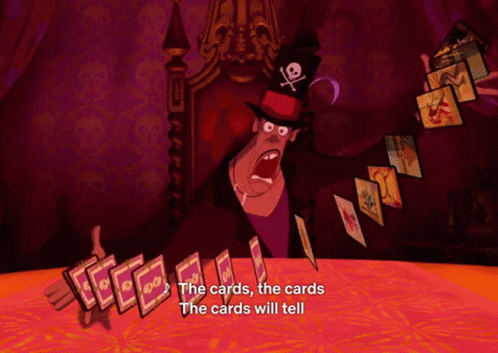
‘I remember speaking with a client once who asked, ‘I’m dying soon, aren’t I.’ She’d spoken with a tarot reader who told her that this year would bring her fatal illness and death, and so when Stephen reassured her that this was a false reading, she was relieved. ‘I would never tell a client they were going to die. Especially if I knew it wasn't true. or certain.’
‘In fact, I try to give clients options, as opposed to definitive, determined outcomes. This gives them a choice, and reinforces their free will and ability to influence their own life events,' he explained. 'It’s irresponsible to tell somebody what will happen to them and give them no alternative paths to take. It would leave them feeling hopeless, maybe even doomed, out of control of their own lives. But providing direction and things to look out for in more open ways can guide people toward healing and purpose, which is always my main priority.'

Stephen is also a member of the Spiritualist's National Union, a UK based organisation which has campaigned for the legal rights of spiritual mediums, and ensures practitioners are genuine and not fraudsters, for over a century.
In the past, there were UK laws in place to prohibit mediums, or 'fortune tellers' as they're referred to in the literature, from operating in the country, due to people's fear and misconceptions, as well as some people's experiences of being subjected to readings from fraudulent mediums.
The history of legal prosecution of mediums began in 1542 with The Witchcraft Act. Passed during the reign of Henry VIII, it was because of this law that many people, mainly women, were burned at the stake across the country, during the infamous witch hunts of the late 16th century.

Scotland saw the most people being burned at the stake due to this law; over 4,000 people were accused. Today, there stands a 'witches' well' outside the famous Edinburgh Castle, a memorial to the people who were falsely accused of witchcraft, and killed, during the 16th and 17th centuries.
Next came the Fraudulent Mediums Act of 1951, which made anybody 'with intent to deceive purports to act as a spiritualistic medium or to exercise any powers of telepathy, clairvoyance or other similar powers,' guilty of an offense, punishable by fines imprisonment. However, this act was repealed in 2008, thanks in no short amount to the work of the Spiritual Workers Association.
I asked Stephen one final question to wrap up our interview:
What is the purpose behind your work?
He stopped to think for a second. 'To use my gifts to help others find their own purpose.'
The conversation I had with Stephen Williamson was enlightening in more ways than one. Not only did I learn more about his practise and his journey toward coming to terms with his gift, but also about the legality of his work, and the history of the prosecution of people in his profession.
Thank you for reading, and, Stephen, thank you for your time! :)
SOURCES / FURTHER READING
www.gaia.com/article/akashic-records-101-can-we-access-our-akashic-records
www.snu.org.uk
www.bbc.co.uk/reel/video/p0fr45qh/witch-trials-scotland-s-loneliest-grave
www.parliament.uk/about/living-heritage/transformingsociety/private-lives/religion/overview/witchcraft/




